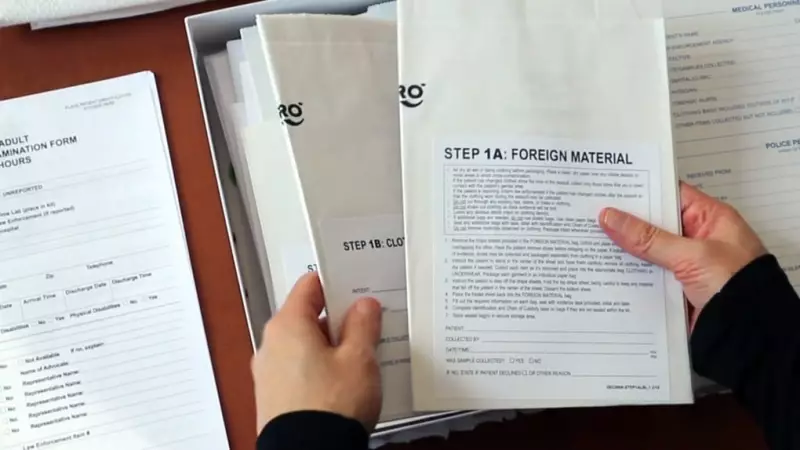
A disturbing national investigation has uncovered a crisis in Canada's handling of sexual assault cases, revealing that thousands of rape kits remain untested while survivors struggle to even access basic forensic evidence collection.
The Invisible Backlog
Across the country, sexual assault survivors are encountering what advocates call a "postcode lottery" for justice. The availability and processing of sexual assault evidence kits varies dramatically depending on where a survivor lives, with many regions lacking proper facilities or trained personnel.
One survivor from northern Ontario described being turned away from multiple hospitals before finally finding one that could administer a kit—only to learn later that it might never be tested. "I went through that traumatic process for nothing," she shared anonymously. "The system makes you feel violated all over again."
Systemic Barriers to Justice
The problems begin at the most basic level. Many rural and remote communities lack:
- Trained nurses for evidence collection
- Proper storage facilities for kits
- Clear protocols for handling cases
- Transportation systems to get kits to testing facilities
Even when kits are collected, they often join growing backlogs in police evidence rooms. Some jurisdictions have kits dating back years waiting for analysis, while others prioritize testing based on factors like whether the suspect is known or the case is headed to trial.
The Human Cost
Every untested kit represents a survivor who underwent an invasive, hours-long examination—often immediately after trauma—with the promise that this evidence could bring justice.
"When we tell survivors their kit isn't being tested, it sends the message that their case doesn't matter," explained a frontline worker from a sexual assault support center. "It undermines trust in the entire justice system and discourages future reporting."
Calls for National Standards
Advocates are demanding immediate action, including:
- Mandatory national standards for kit collection and processing
- Increased funding for forensic laboratories
- Better training for healthcare providers and police
- Transparent tracking systems for survivors
- Automatic testing of all collected kits
Several provinces have begun audits of their untested kit inventories, but experts say piecemeal approaches won't solve a national crisis. Without coordinated federal leadership, they warn, the backlog will continue to grow—and with it, the number of survivors denied justice.
The time for action is now, before another generation of survivors learns the hard truth: in Canada, seeking justice after sexual assault too often means facing a system that isn't prepared to deliver it.





